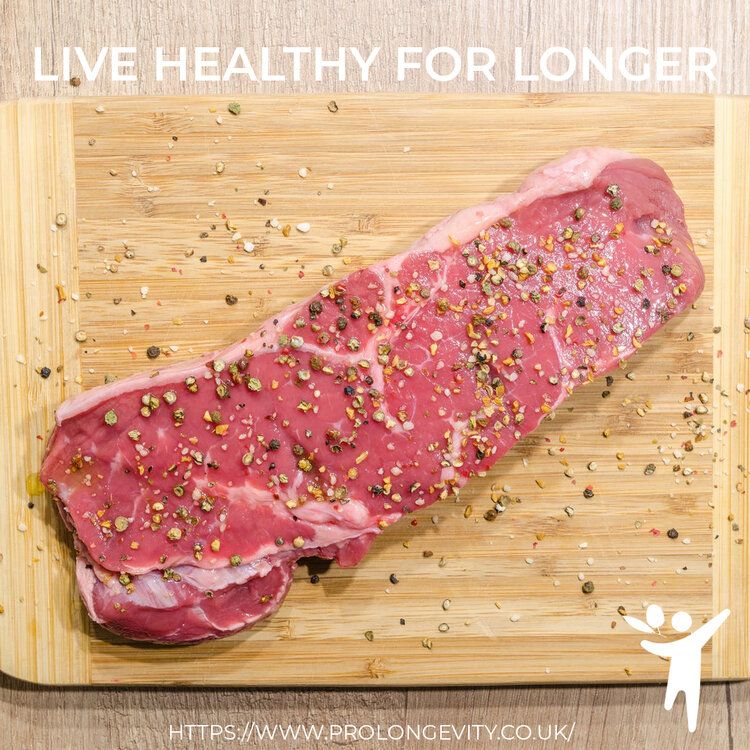No more meal math: Eating high-quality foods—including plenty of fat—is the new golden rule of weight loss.
One study found that subjects who cut down on their intake of sugar, refined grains, and highly processed foods lost more weight than those who calculated all their calories.
Instead of obsessing over numbers, there are other healthy ways to help you get fit.
Not all calories are equal
Thinking that all calories are the same is an antiquated notion. But, by definition calories represent units of energy provided by particular food, but countless studies have proven different foods are metabolised differently, absorbed differently and converted into fat or energy differently.
To put that into perspective- you have a 100 calorie pack is biscuits in one hand and 100 calories worth of nuts in the other, which would you say was the healthier snack? It doesn’t matter how many calories are in a food; what matters is the quality of that food and how nutrient-dense it is.

It’s not an easy route to weight loss
You have probably heard the phrase ‘calories in, calories out’ when it comes to weight loss but this is not an effective way to lose weight. Although you might be burning energy, you might have consumed 10 times the amount of sugar and carbs that naturally cause weight gain.
It is easier to lose weight if you aren’t stressing over calories. It’s amazing that when you remove restrictions from the equation, people often naturally eat less.
Whether you’re struggling to lose weight or want to get your lifestyle choices in check, we’re here to help. Our program tailors to you and your needs to ensure you get the best results and coaching. Book your free 15-minute consultation to see how we can help you.
Nutrient Deficient Food Won’t do the trick
Research has shown that you can eat 1,500, 3,000, or 5,000 calories a day, but if you’re not getting a boost of nutrient-rich power in every bite, you won’t feel satisfied and you certainly won’t feel anything near healthy- your body will just keep signaling for you to eat more in the hope that it gets the nutrients it needs.
For example, a bowl of fruit may contain the same number of calories as a bag of sweets, but your body will process these two foods in two completely different ways. Plus, you’ll be benefitting from the extra vitamins and minerals in the fruit which isn’t something that’s accounted for when calorie counting.
Calorie counting can lead to an unhealthy relationship with food
We never advise people to calorie count as it can lead to feelings of guilt, a preoccupation with food, and even disordered eating. In the case of someone who wants to lose some excess fat, it can also obscure the reason why they overeat in the first place.
You lose track of Hunger cues
When you are calorie counting, you probably set out a set a ‘budget’ for your calories that day. This usually results in people not eating when they’re hungry or eating even though they feel satisfied so they don’t ‘lose out’ on the calories they’ve already budgeted for.
When you are calorie counting, do you ever feel like your hunger signals are completely off cue? You need to try and stop snacking and just stick to set meals throughout the day, this will mean that by the time it comes to eating your meal, you will be much more aware of how hungry you are. This will re-educate your body to eat when it’s hungry instead of out of boredom, habit, or convenience.
ProLongevity can guide you towards a healthier lifestyle, helping you build a sustainable and healthy relationship with food, leading to long-term well-being. With our founder’s extensive experience and knowledge, we can help make all the difference. ProLongevity works around you with complete personalisation to your needs. Get your free 15-minute (no obligation) and start your journey to living healthier for longer





